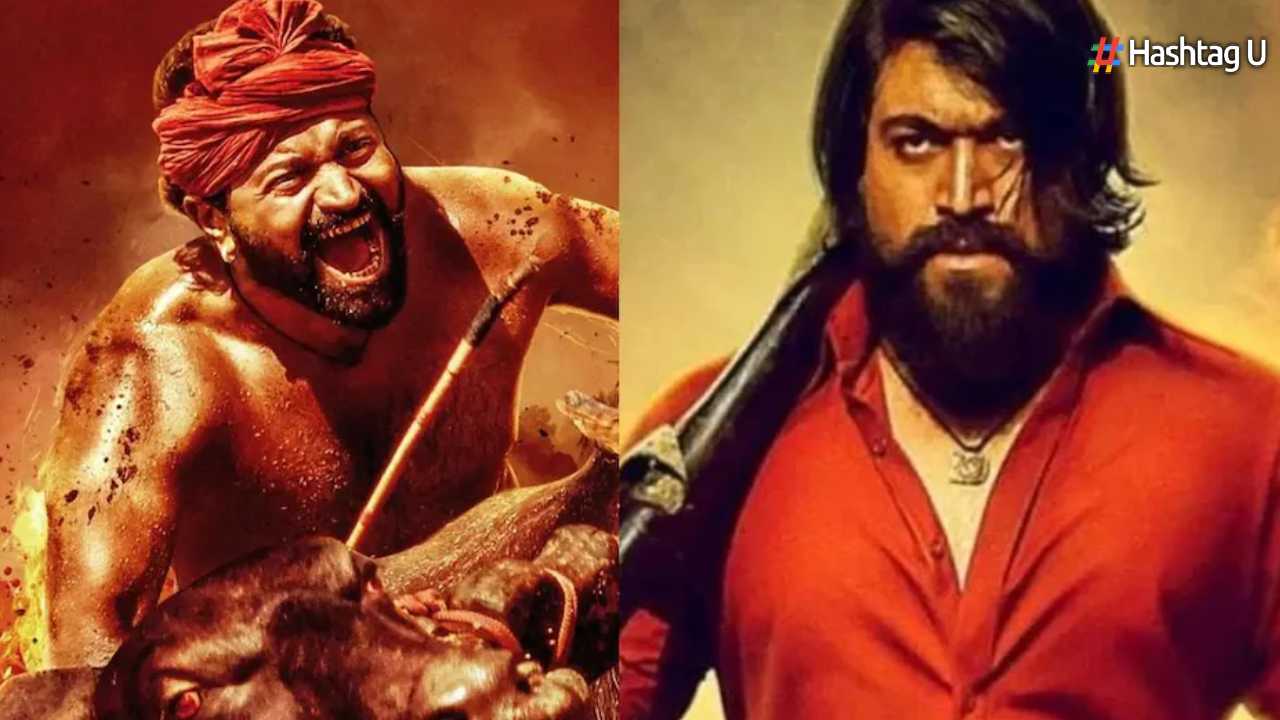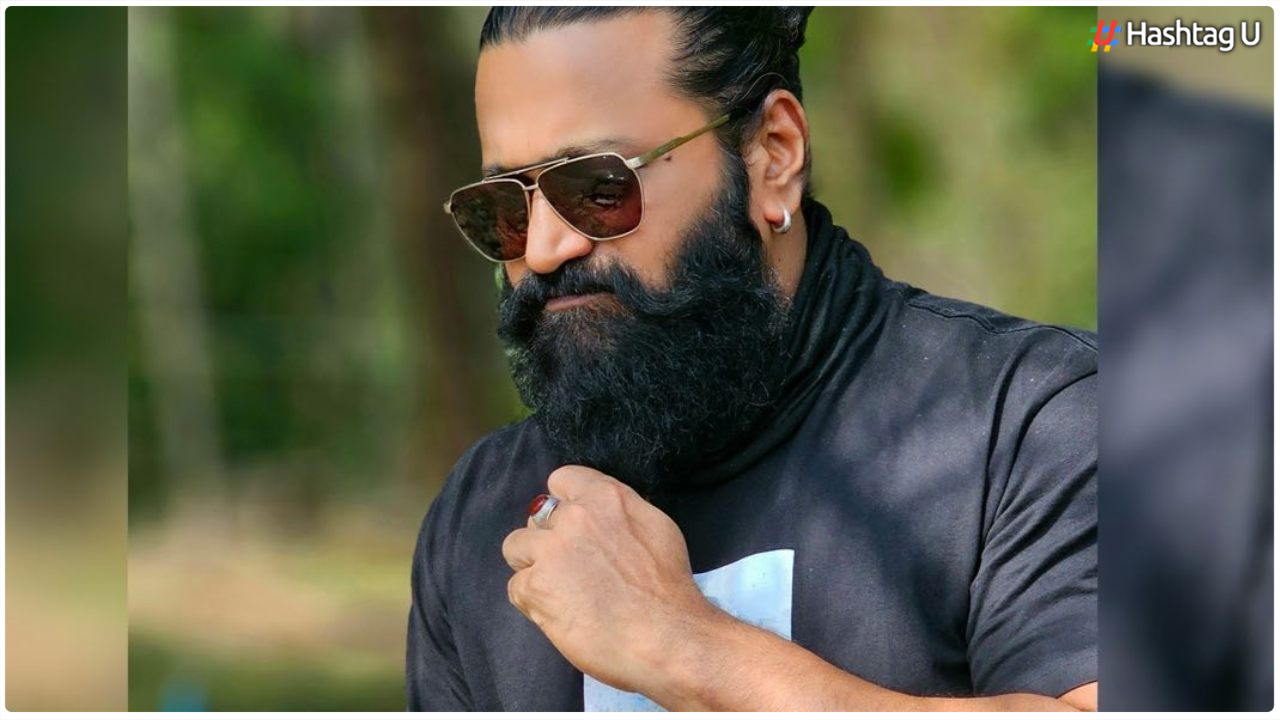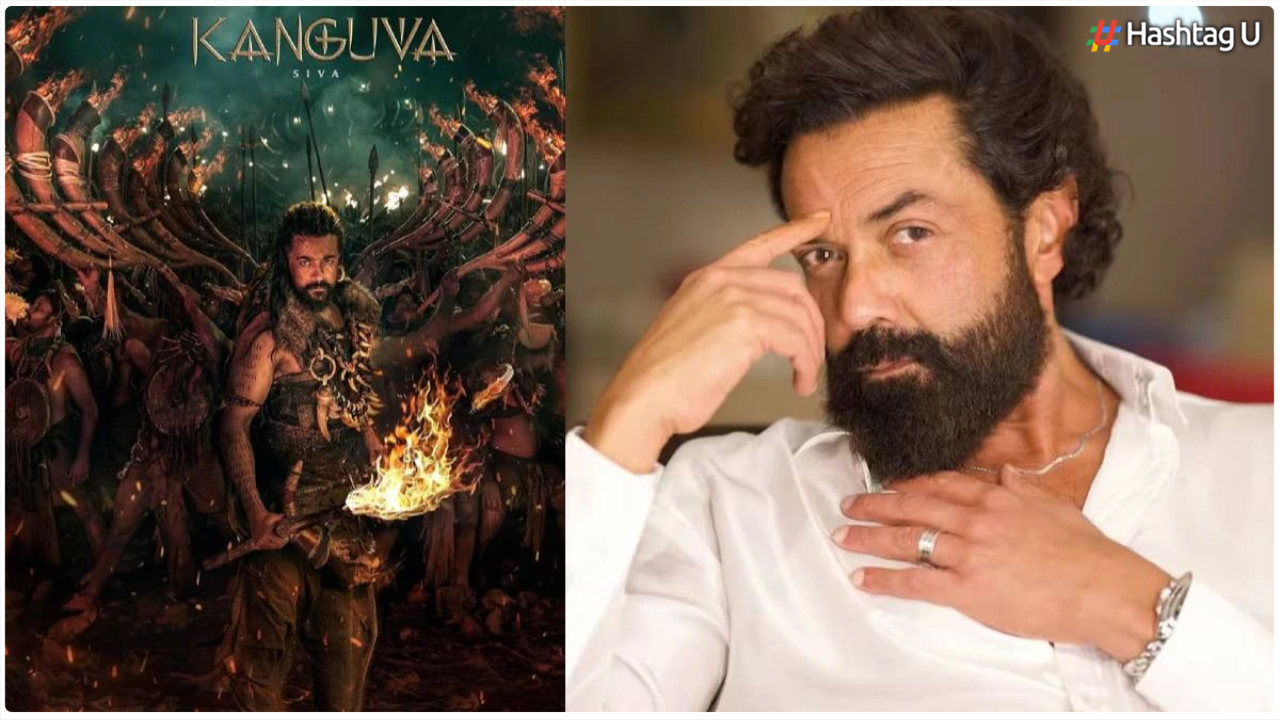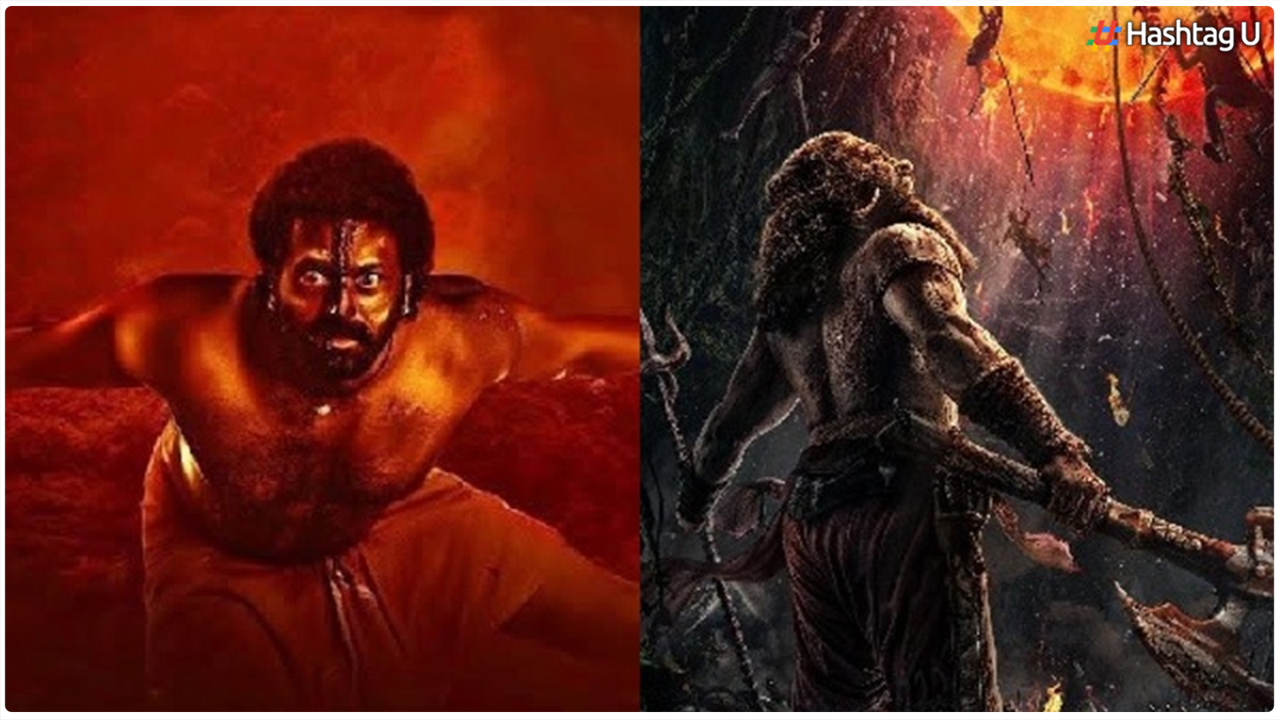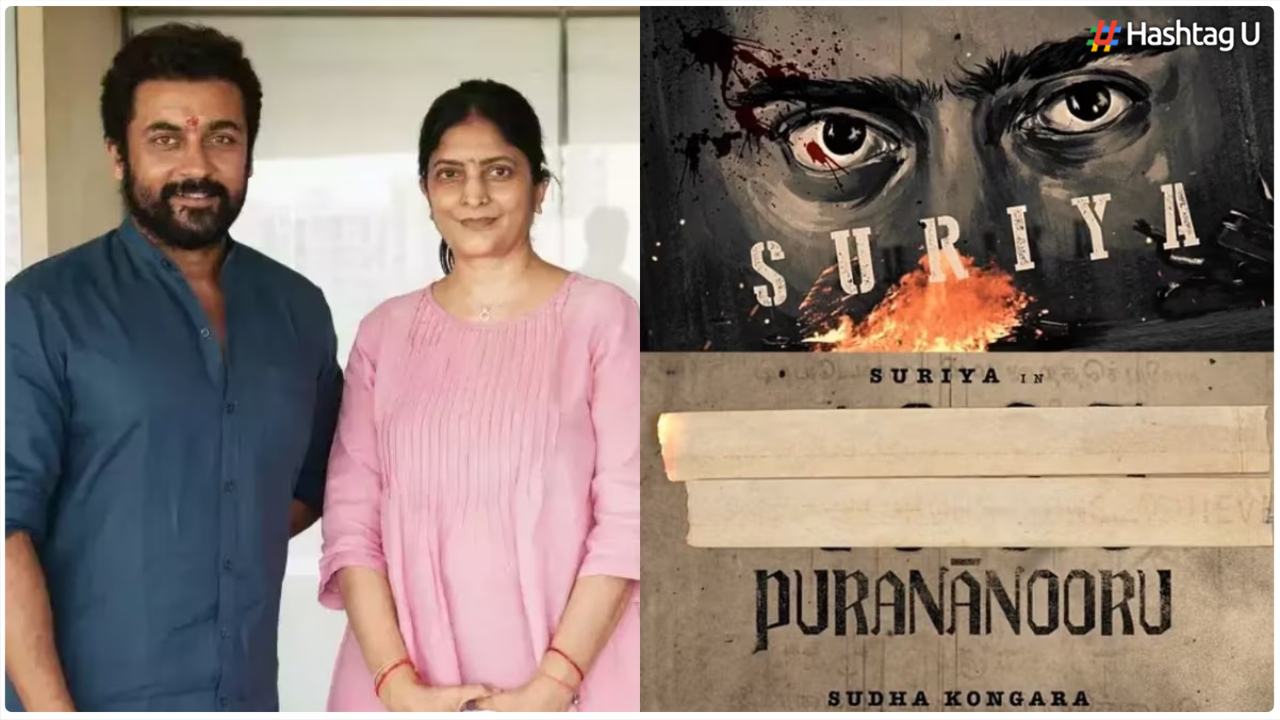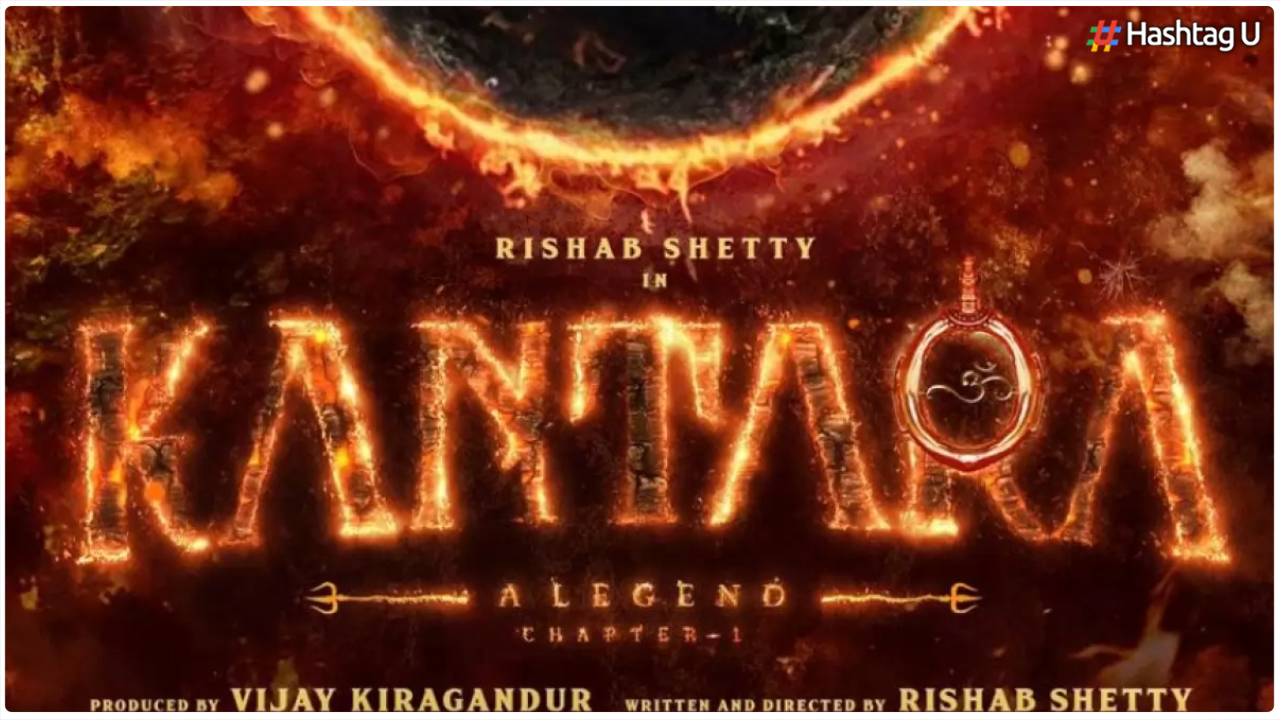Kantara director Rishab Shetty reveals film was not planned as a pan-India release initially
Talking to Rishab Shetty, you would never guess this is the writer-director-actor behind the Kannada blockbuster Kantara now dubbed in Hindi.
Khateja Qureshi | Published On: Oct, 19, 2022 | 08:54 AM
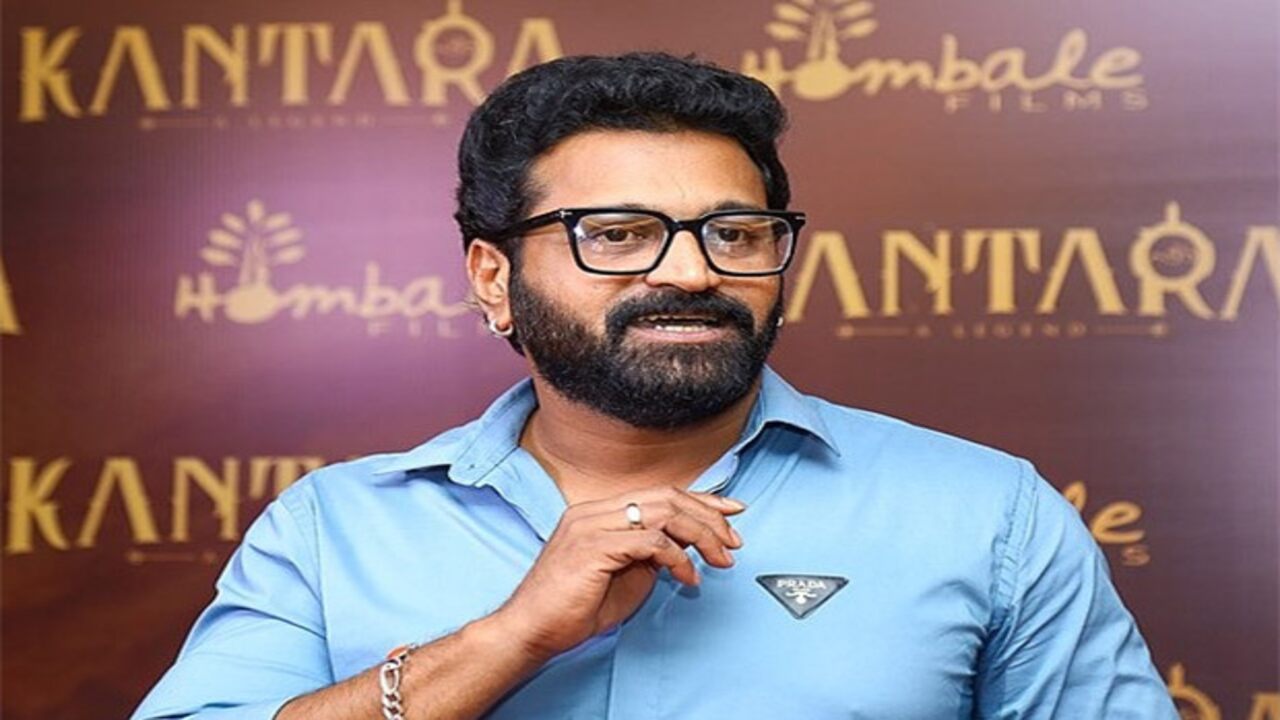
Talking to Rishab Shetty, you would never guess this is the writer-director-actor behind the Kannada blockbuster Kantara now dubbed in Hindi. Gentle soft-spoken Rishab says, “When I decided to make Kantara I was not thinking of how far it would reach. It was just something I needed to do. I have grown up in Keradi, the coastal village of Karnataka where the film is set. This idea of the Daiva was with me from my childhood. This idea brings together all of society and erases social inequality. I wanted to explore the close relationship between Man and Nature.”
Rishab feels there is not enough cultural and ethnic pride among filmmakers. “We should all make more films that bring out unknown facets of our tradition and culture. Instead of cultivating pride in being Hindu, some filmmakers are busy ridiculing our culture and religion.”
For the modest superstar success was never the criteria for making Kantara. “I had a story to tell. And since it was about a culture that is characteristic of coastal Karnataka it had to be in the Kannada language. We had no idea of carrying it Pan-India and all that. It was only after release that we thought of dubbing it into Hindi and other languages. The entire dubbing and release was done in two weeks.”
Even the writing of the film was a cakewalk for Rishab. “All these were ideas that I grew up with. Since I grew up in the region where the film is set and the culture of the Daiva and of the buffalo race (Kambala) are things that are within me, I just had to dig onto my own imagination. Writing the film was not difficult at all.”
Shooting the film in Keradi was not difficult either. “The Kambala race was shot on land owned by my family. The entire region was familiar to me.” However shooting the two Bhoota Kola dances was tough. “I knew about the dance. But performing it on camera was another thing. The heavy costume, the makeup made me very uncomfortable. But once I started to shoot it was as if the gods had taken over. I remember I was fasting while shooting, as I wanted to maintain that purity within me that I needed to project the passionate devotion while dancing. Dancing was so tough without almost any food or water. But once I got into it I was like a man possessed.”
The screams reaching out to divinity during the dance are chilling. Rishab admits they were hard to perform. “Those are not just ordinary screams. They convey much more than pain and protest. They are the sound reaching out to divinity. I had to work really hard on getting it right. Even the slightest slipup would have offended the worshippers.”
The family man with two children is not allowing the Kantara success to go to his head. “I am the same person I was before Kantara. I have starred in film and directed quite a few. If Kantara has reached out to such a wide audience, it is God’s hand guiding me through my work. Why should I allow myself to feel proud about it?”


